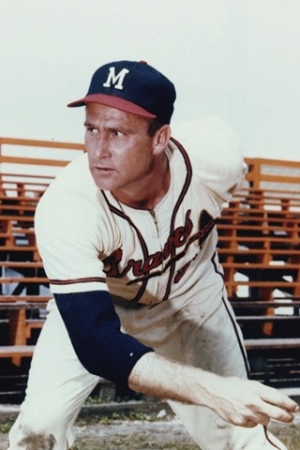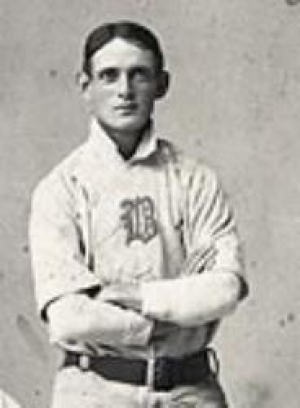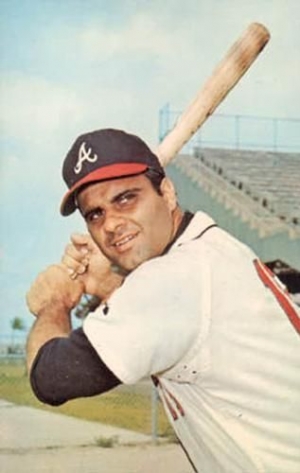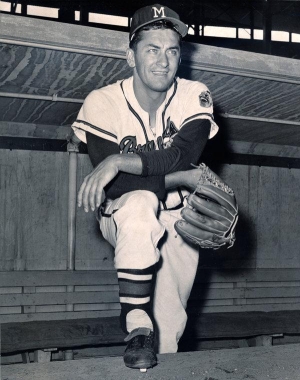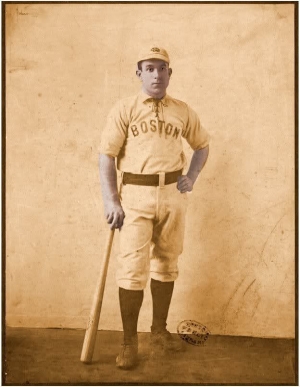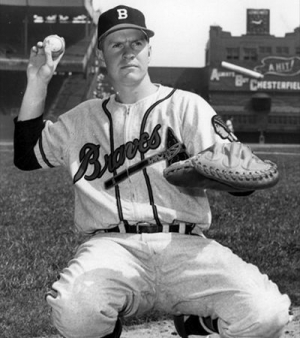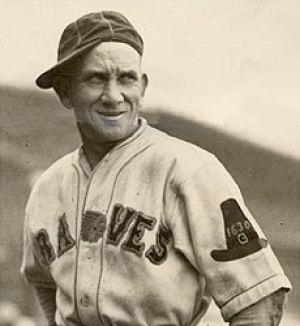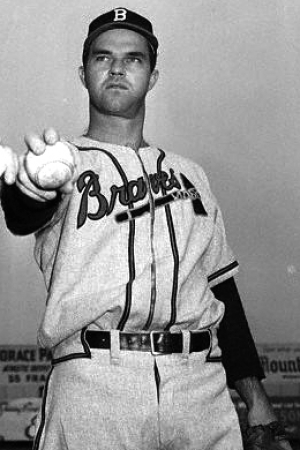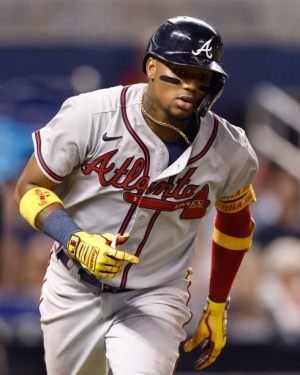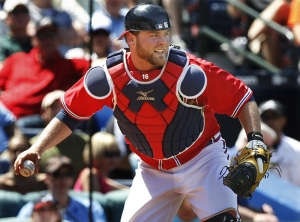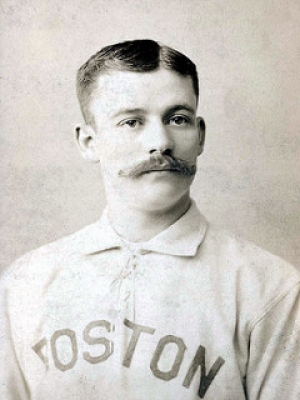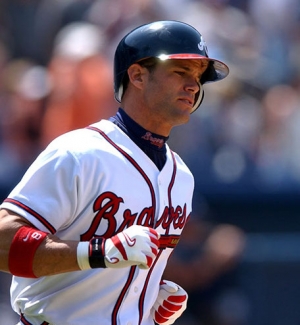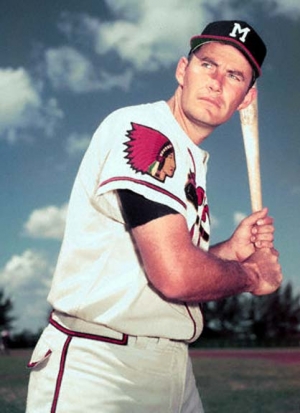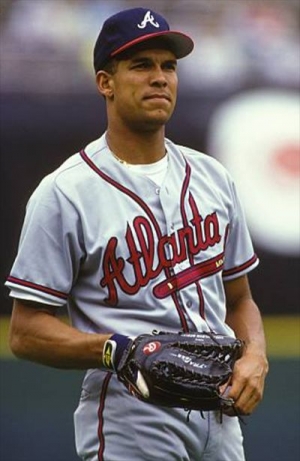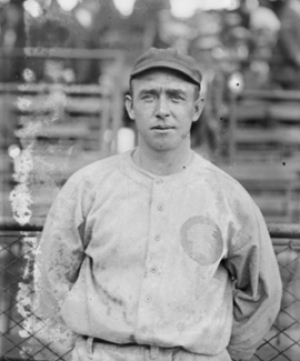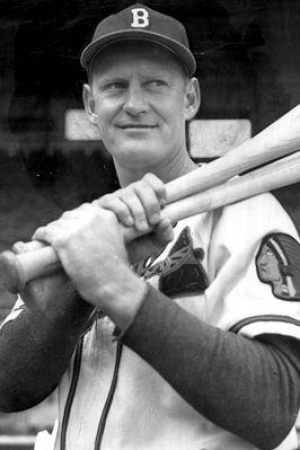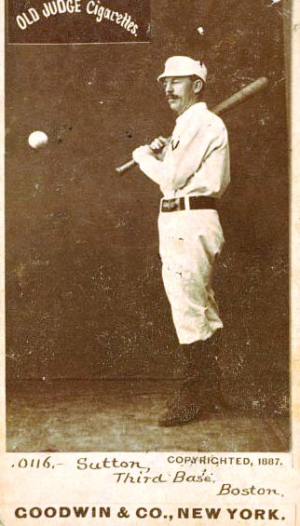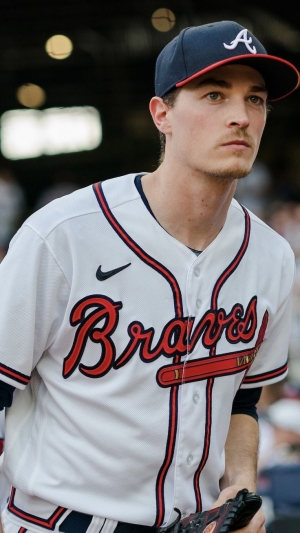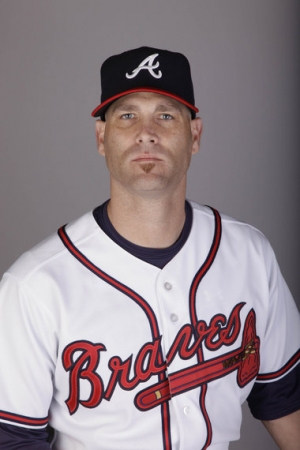Top 50 Atlanta Braves
The history of the Atlanta Braves began well over a century ago and it went through two previous locations before it arrived in Georgia.
The Braves actually predate the formation of the National League as they were members of the National Association in 1869 to 1875 as the Boston Red Stockings, which actually makes the team the oldest in the game but statistically, we are only focusing on 1876 and beyond when the franchise was in the NL. The Red Stockings would win the 1877 and 1878 Pennant and they would change their name to the Beaneaters (mostly thanks to the press) in 1883. That year they would win the pennant again in 1883 and five more times in the 1800s, but the formation of the American League and they were decimated when many of their players jumped to the team that is now known today as the Boston Red Sox.
The Beaneaters would go onto a downward spiral and they would experiment with their name going by the Doves (1907-1910) and the Rustlers (1911) before settling on the Braves in 1912 and they would win their first World Series Championship in 1914, though this was considered a miracle season of sorts as they exceeded all expectations and defeated a heavily favored Philadelphia Athletics team to win it all. After a couple of seasons as a contender, the Braves regressed again and were not contenders for years. A microcosm of this era is when they traded for Babe Ruth who was at the end of his career and his play deteriorated so badly that season (1935) in the year that he could barely run, couldn’t field, and pitchers threatened to boycott if Ruth was on the field.
New ownership came in and in another attempt of reinvention the Braves became the Bees but success was still alluding them and they took back the Braves' name a few years later. Warren Spahn and Johnny Sain would help turn the team’s fortunes around and in 1948 they won the pennant but lost the World Series to Cleveland but they would go back to mediocrity and dwindling attendance (especially while competing with the Red Sox) would see the Braves relocated to Milwaukee.
Milwaukee embraced the Braves and with an offensive attack led by Hank Aaron and Eddie Mathews they would win the 1957 World Series and would return to the Fall Classic in ’58, though would lose to the New York Yankees. The Braves would be sold again but this time the group wanted to move the team to a larger market and they liked what they saw in Atlanta, which was a city on the rise. They would move to the South in 1966 but it should be mentioned that the Braves never had a losing season in the 11 years they played there.
Frankly, the city of Milwaukee got shafted and on a sidebar, we are happy they would gain a team quickly thereafter, the Milwaukee Brewers, but let’s go back to Atlanta!
Atlanta’s record went up and down and would be bought by media conglomerate Ted Turner in 1976. He was an eccentric owner but with his ownership of TBS, the Braves were seen nationally and he dubbed them “America’s Team”. While the Braves were seen by more viewers they were not successful, that is until the 1990s.
With a pitching staff of Greg Maddux, John Smoltz, and Tom Glavine the Braves went from “worst to first” and made the World Series in 1991, losing to the Minnesota Twins. They made the World Series again the year after, this time to losing to the Toronto Blue Jays but they would win it all in 1995 with a win over the Cleveland Indians. They continued to make the playoff every year until 2006 and would reach two more World Series losing both in 1996 and 1999 to the New York Yankees.
Since 2005, the Braves would make the playoffs five times and won the 2021 World Series. As of this writing, they are one of the most recognized team in not just the National League but all of Major League Baseball.
This list is up to the end of the 2024 season.
Note: Baseball lists are based on an amalgamation of tenure, traditional statistics, advanced statistics, playoff statistics, and post-season accolades.
ARIZONA DIAMONDBACKS - TICKET + HOTEL DEALS
Mar 24, 2025
Buy your Tickets to see Arizona Diamondbacks - Ticket + Hotel Deals HERE!
2025 TORONTO BLUE JAYS - TD EXECUTIVE SUITES
Jan 01, 1970
Buy your Tickets to see 2025 Toronto Blue Jays - TD Executive Suites HERE!
2025 TORONTO BLUE JAYS FLEX PACKS
Jan 01, 1970
Buy your Tickets to see 2025 Toronto Blue Jays Flex Packs HERE!
2025 SEATTLE MARINERS FLEX MEMBERSHIPS
Jan 01, 1970
Buy your Tickets to see 2025 Seattle Mariners Flex Memberships HERE!


